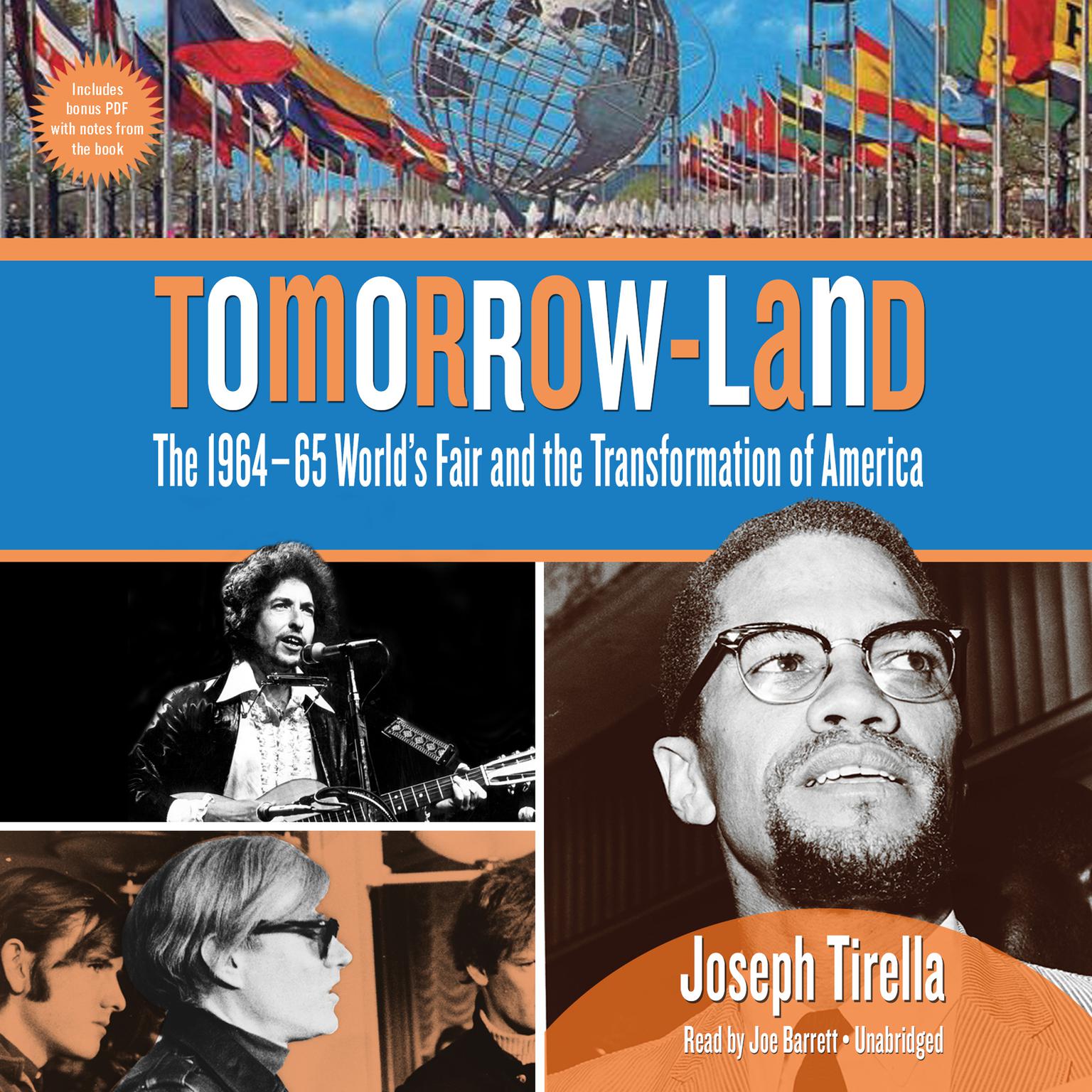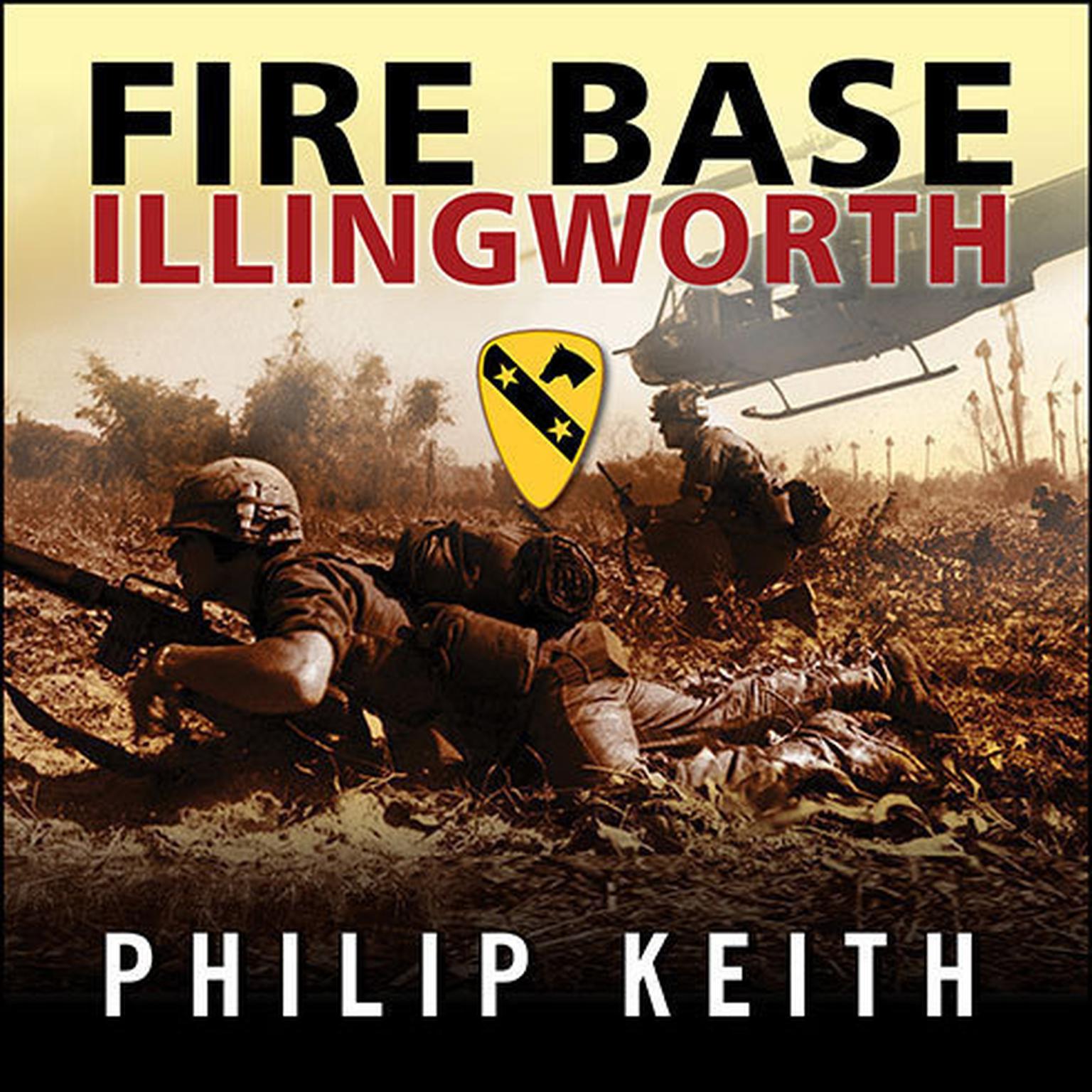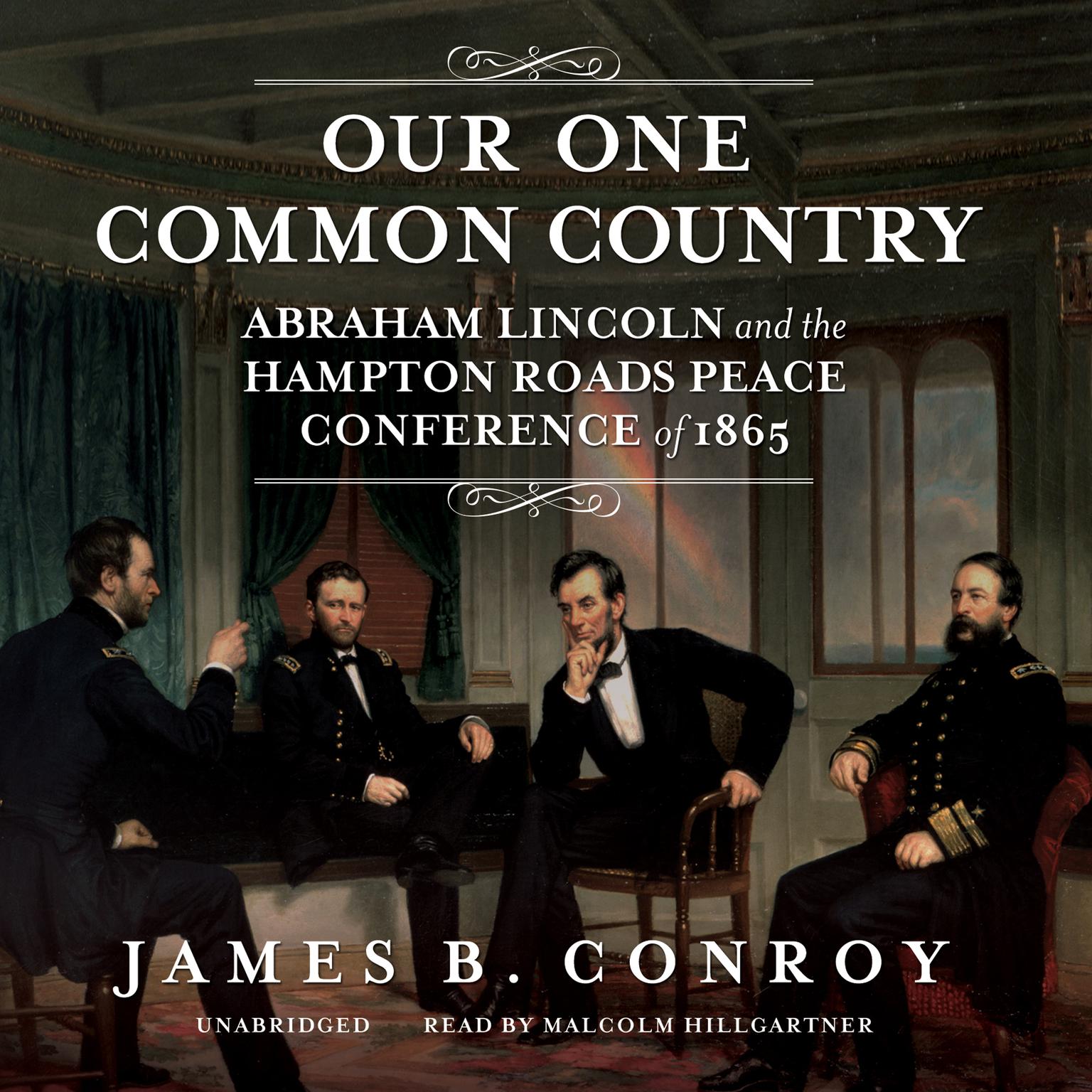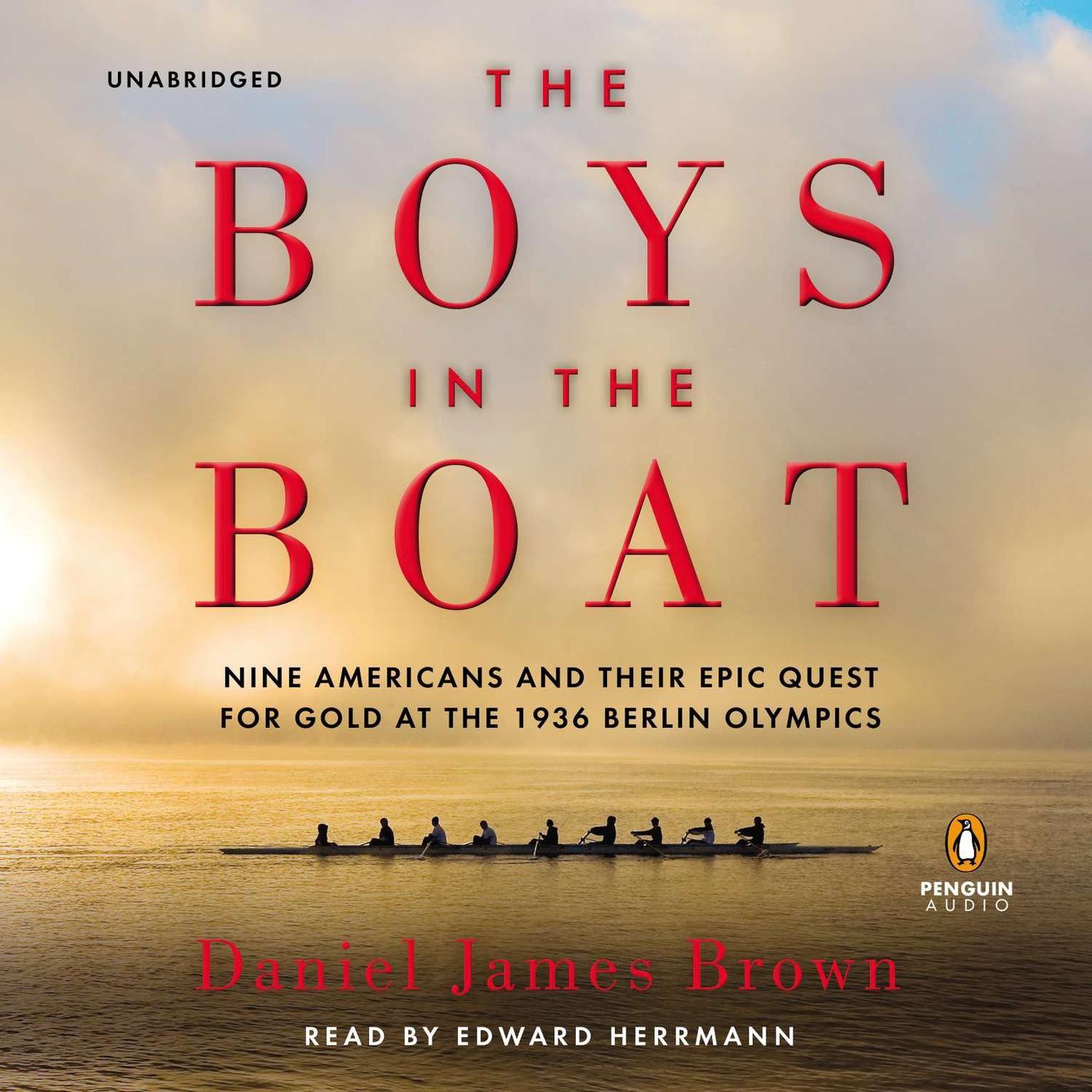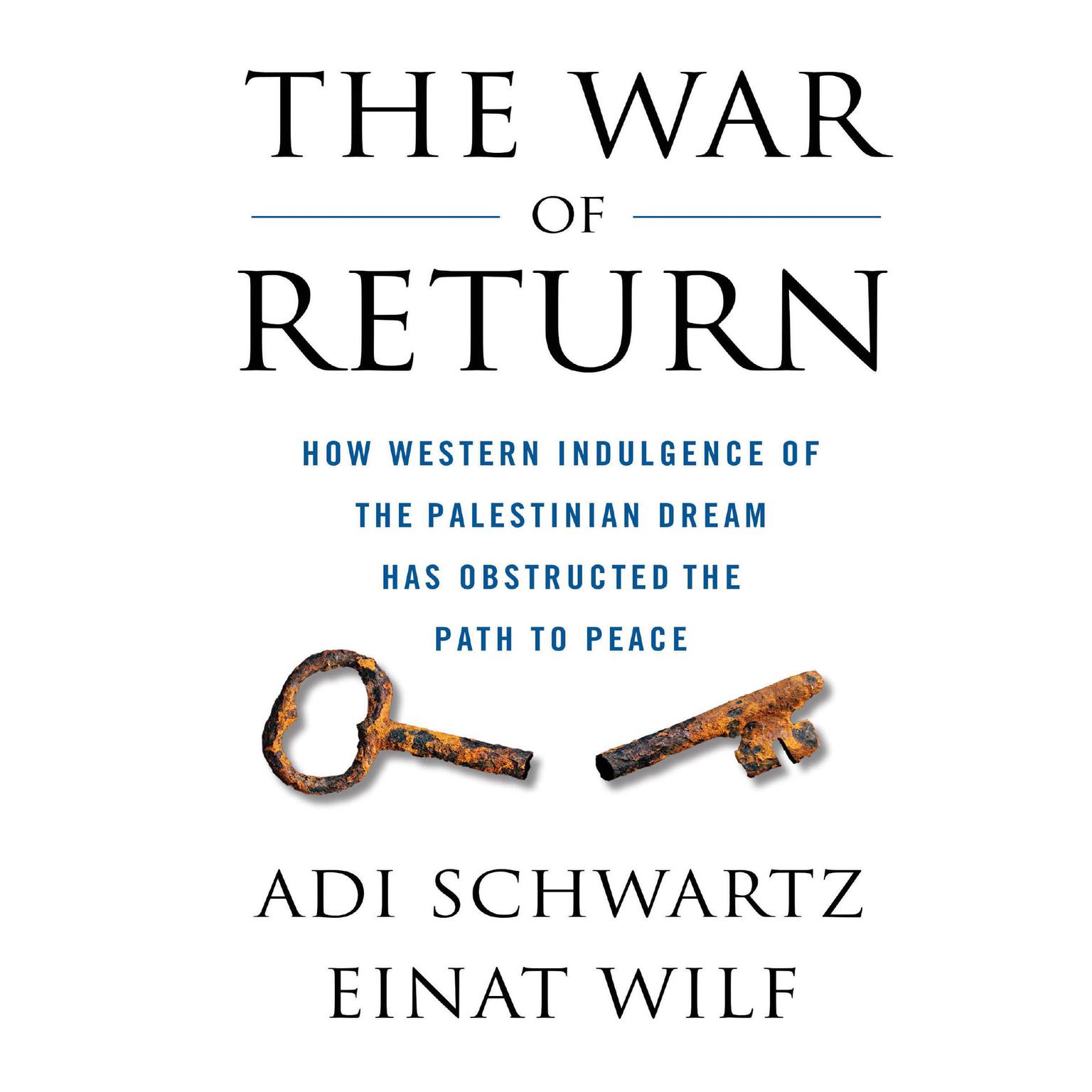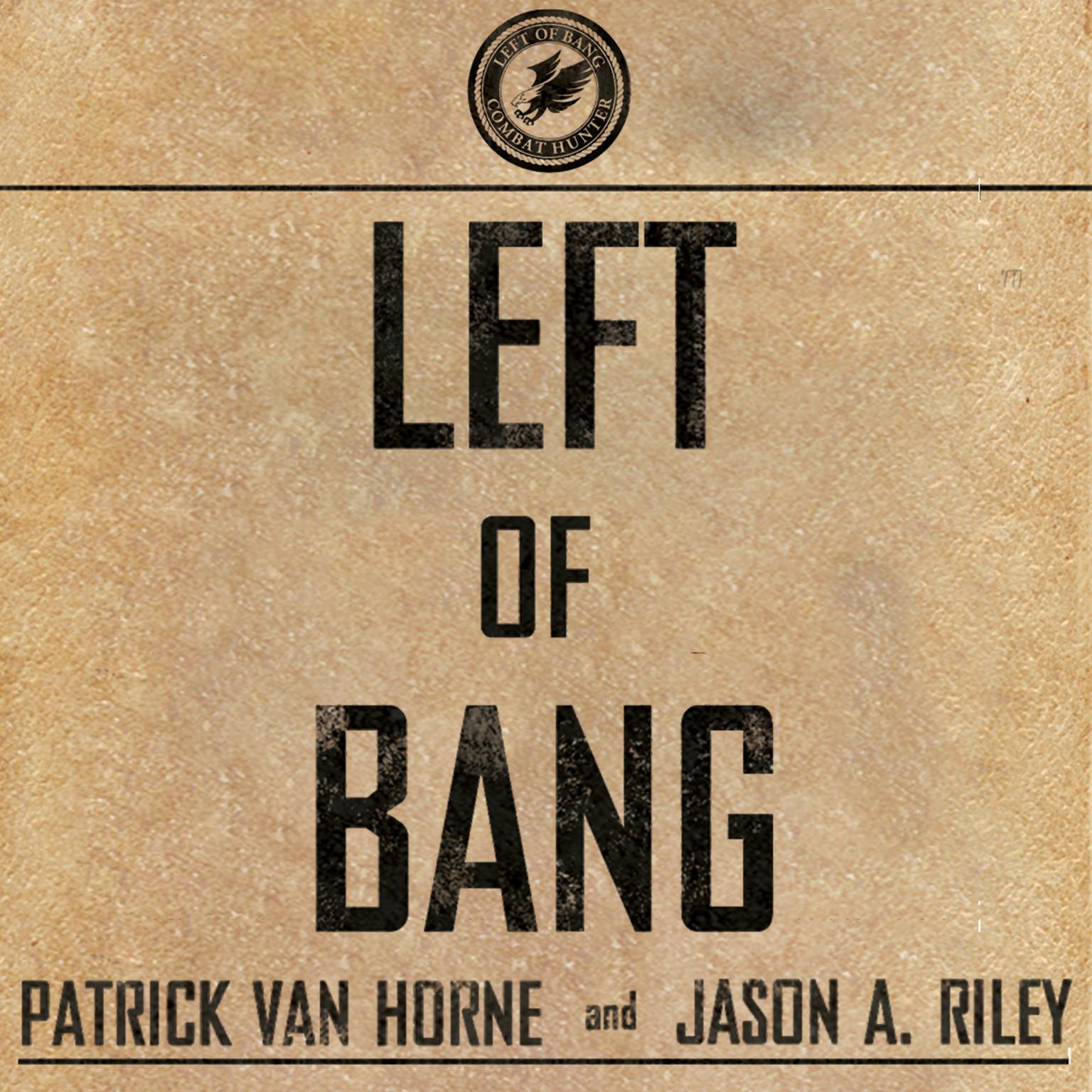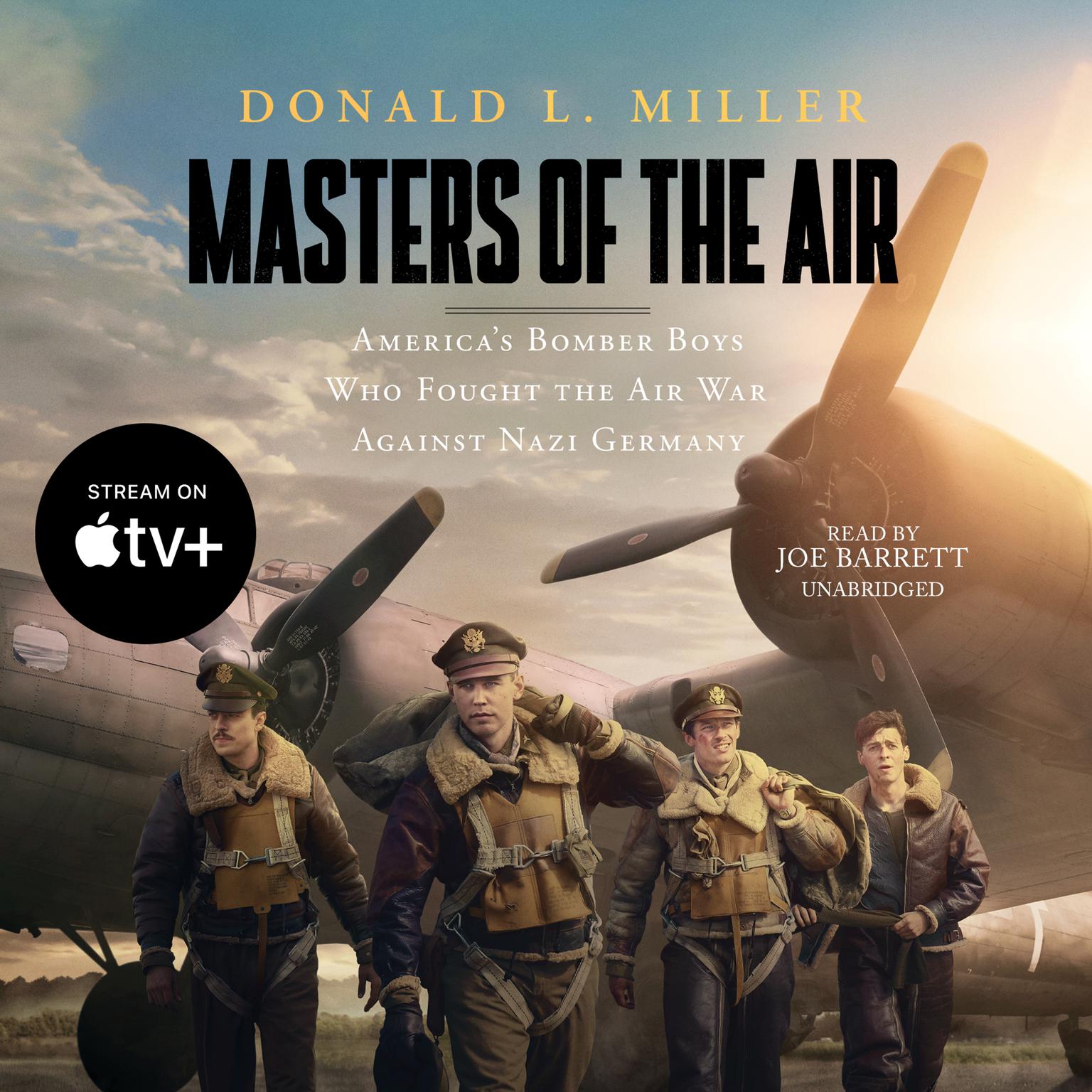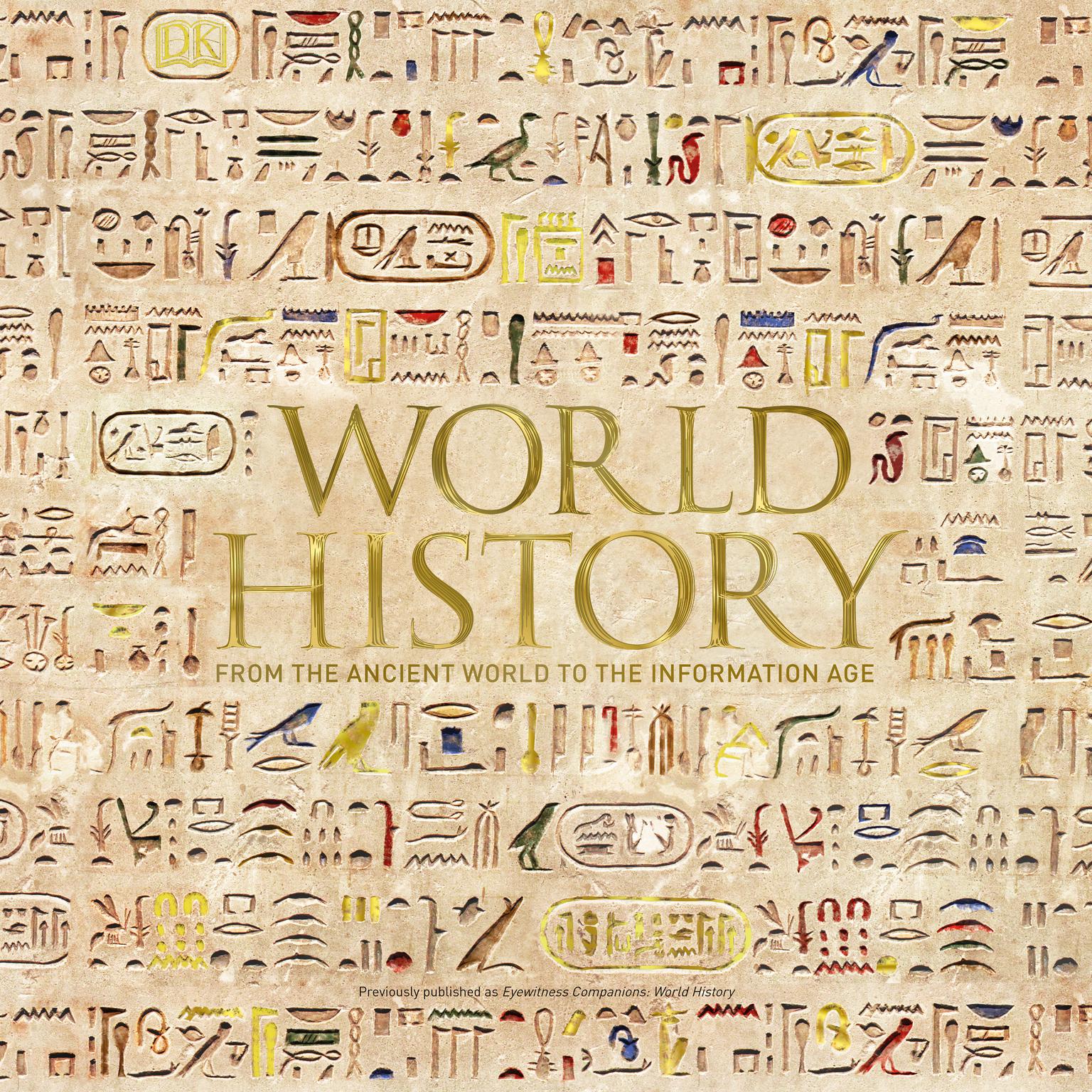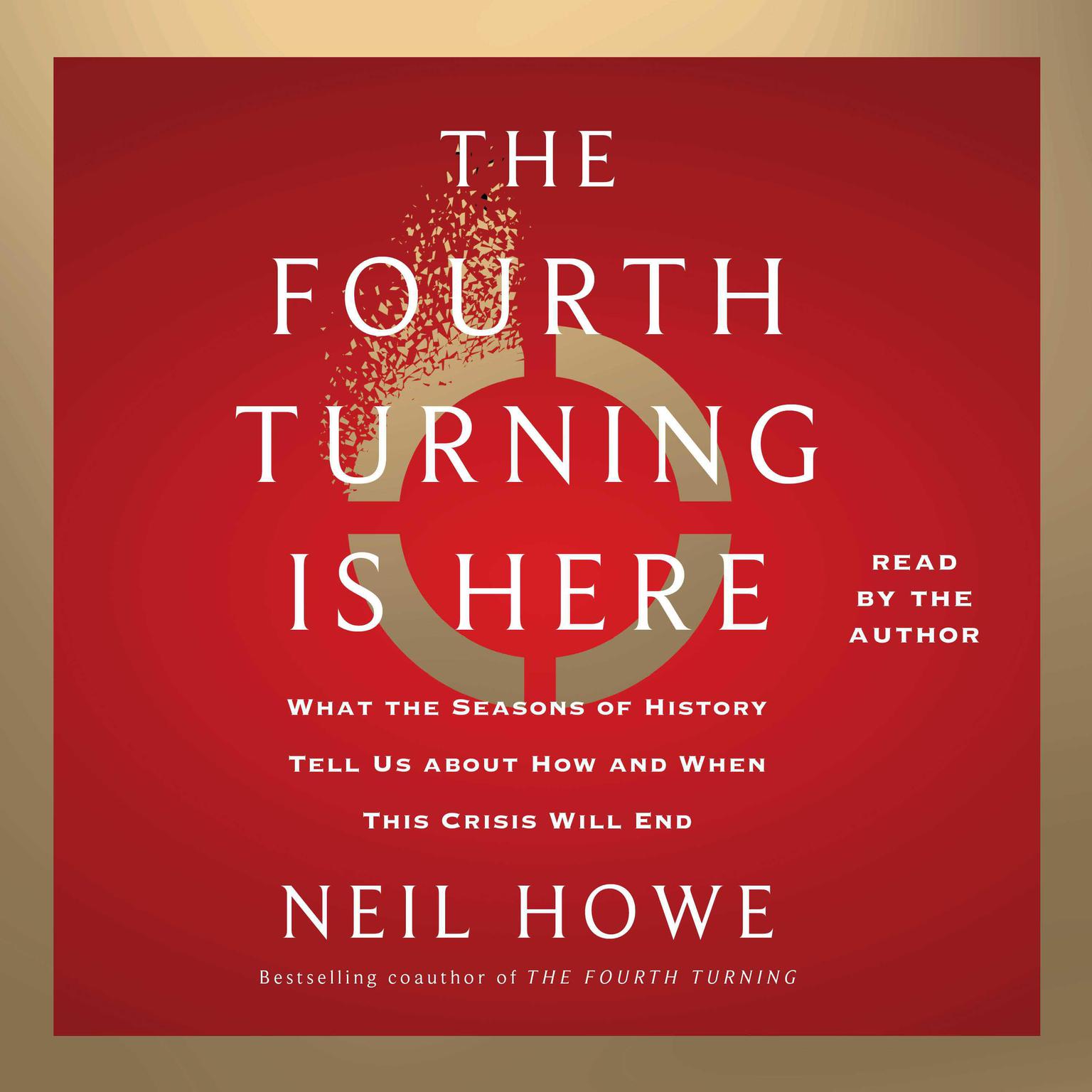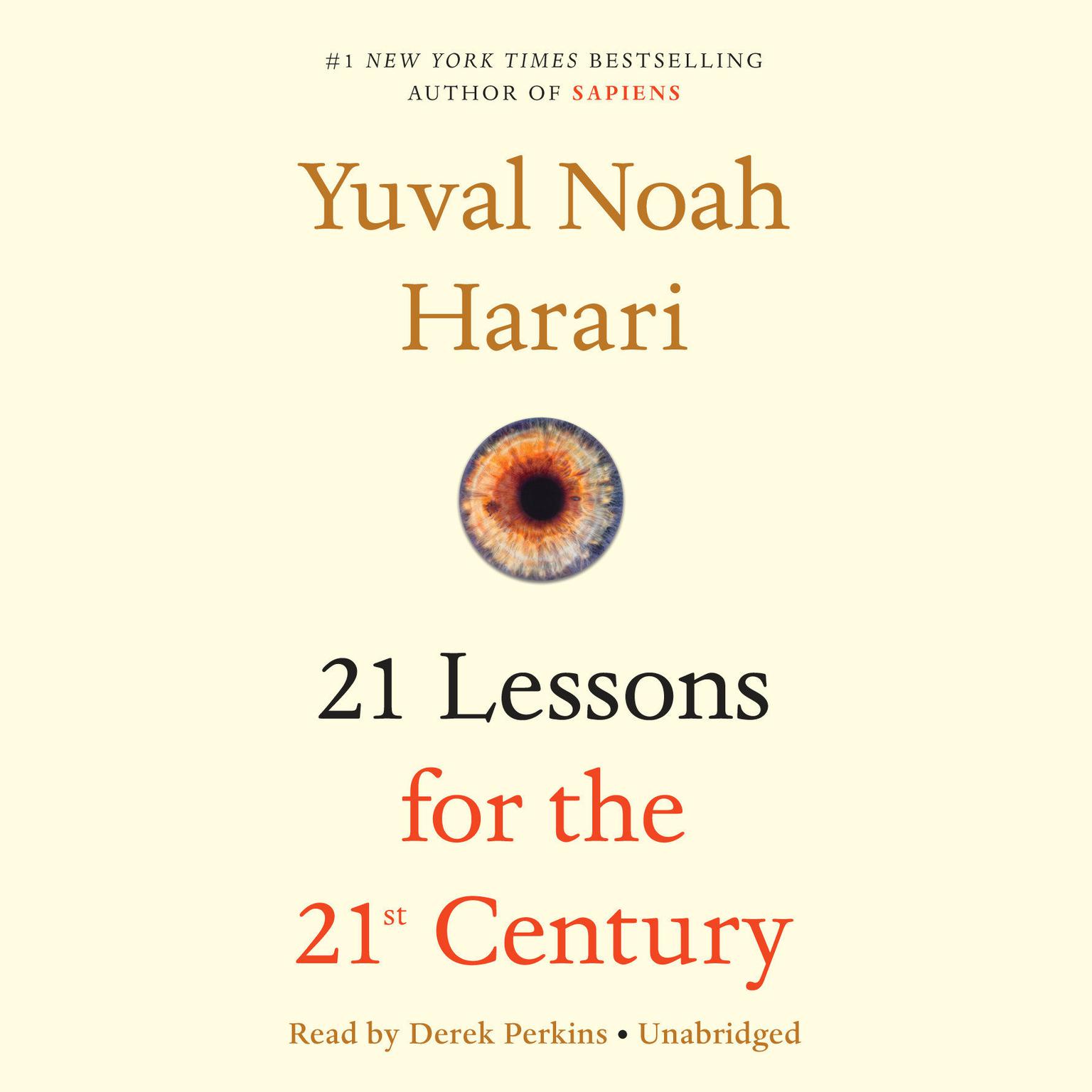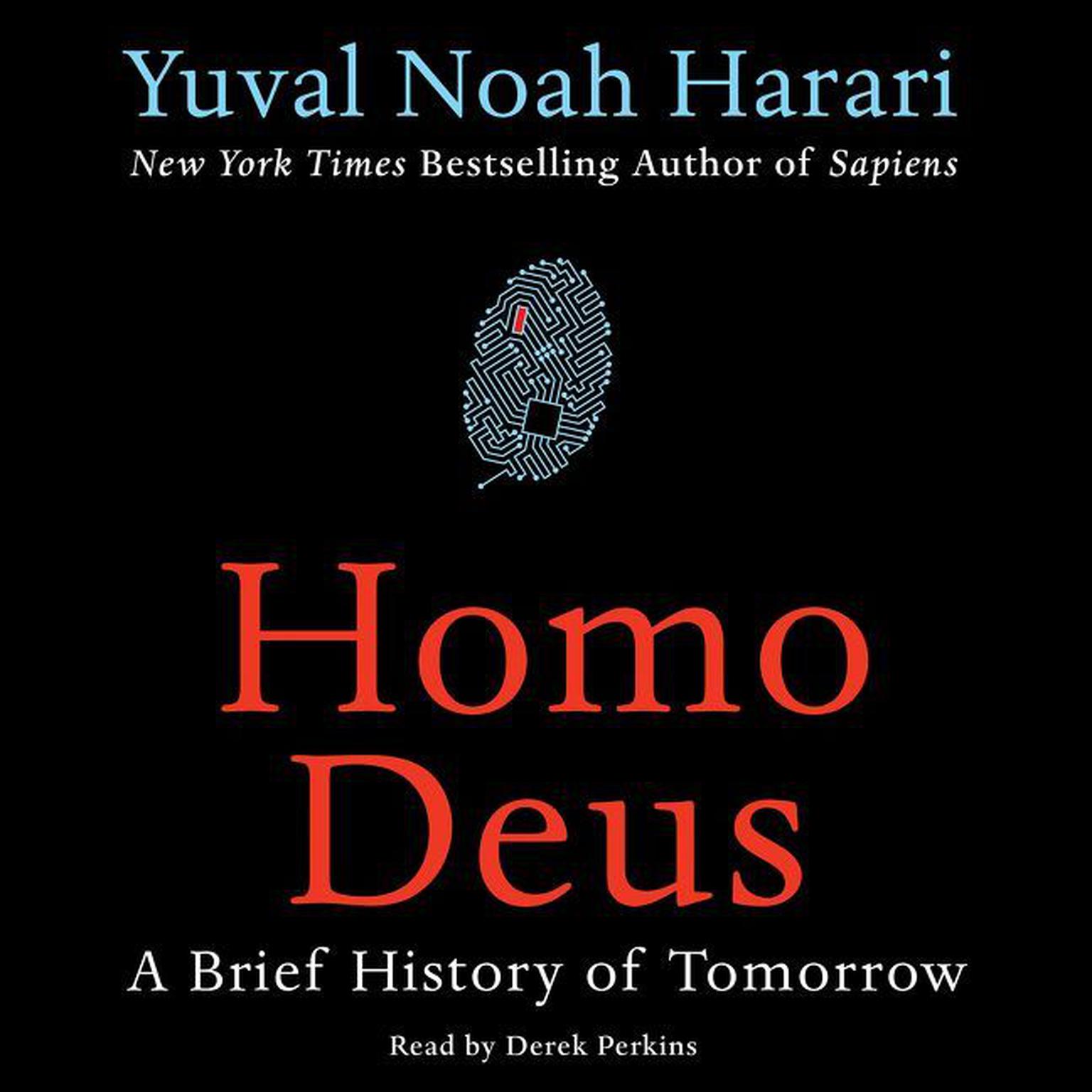Publisher Description
Motivated by the idea of turning Flushing Meadows, literally a land of refuse, into his greatest public park, Robert Moses—New York’s “master builder”—brought the World’s Fair to the Big Apple for 1964 and ’65. Though considered a financial failure, the 1964/65 World’s Fair was a sixties flash point in areas from politics to pop culture, technology to urban planning, and civil rights to violent crime.
In an epic narrative, Tomorrow-Land shows the astonishing pivots taken by New York City, America, and the world during the fair. It fetched Disney’s empire from California and Michelangelo’s La Piet├á from Europe and displayed flickers of innovation from Ford, GM, and NASA—from undersea and outer-space colonies to personal computers. It housed the controversial work of Warhol (until Governor Rockefeller had it removed) and lured Ken Kesey and the Merry Pranksters. Meanwhile, the fair—and its house band, Guy Lombardo and his Royal Canadians—sat in the musical shadows of the Beatles and Bob Dylan, who changed rock and roll right there in Queens. And as southern civil rights efforts turned deadly, and violent protests also occurred in and around the fair, Harlem-based Malcolm X predicted a frightening future of inner-city racial conflict.
World’s Fairs have always been collisions of eras, cultures, nations, technologies, ideas, and art. But the trippy, turbulent, Technicolor, Disney, corporate, and often misguided 1964/65 fair was truly exceptional.
Download and start listening now!
“This book is filled with fascinating stories about global
political contests between the Soviet Union and the United States, domestic
protests against social inequality, the politics of massive resistance waged by
conservatives of both major parties, corporations playing social-engineering
games, America becoming a multicultural nation, and New York City experiencing
massive physical change. Joseph Tirella’s Tomorrow-Land takes
us back in time fifty years and documents through thorough research and
wonderful narrative how the World’s Fair fell short of its goal to promote,
‘Peace through Understanding’ but still managed to give America an accurate
vision of its future self.”—
Brian Purnell, Africana studies and history, Bowdoin College, and author of Fighting Jim Crow in the County of Kings
